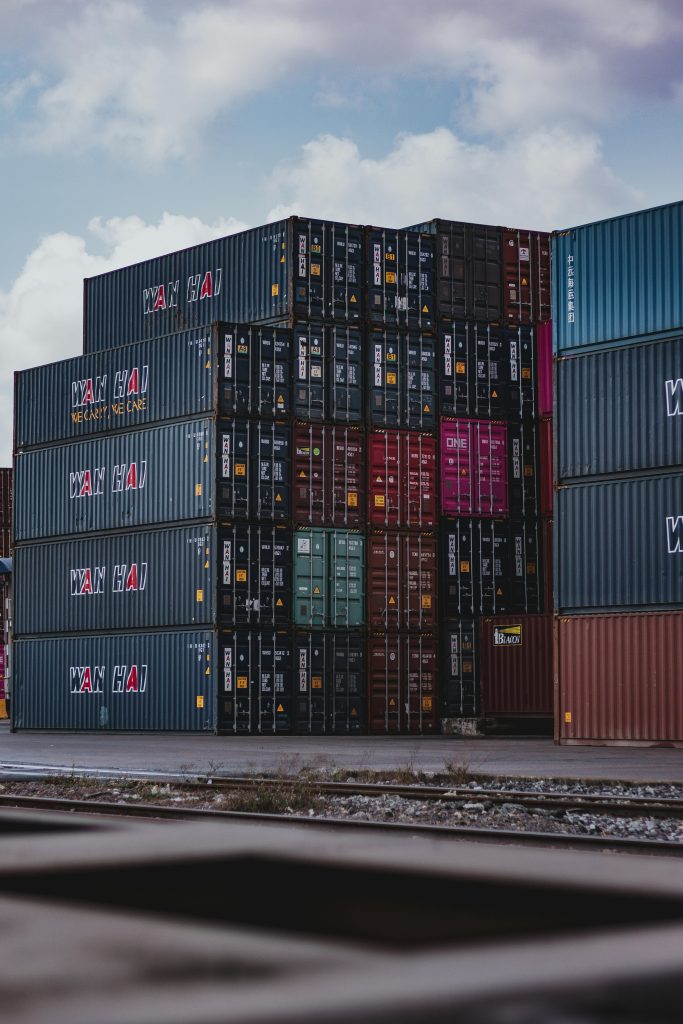In 1924, the ten millionth Model T was produced, showcasing the power of standardized production. Today, Amazon ships over 7.7 billion ecommerce packages annually, driven by advanced automation and logistics.
While B2C ecommerce fulfillment has become highly efficient, B2B fulfillment has unique demands, such as handling larger volumes, complex compliance, and tight delivery windows. Unlike B2C, which allows for more standardized and automated processes, B2B fulfillment requires a custom approach—much like building a custom home: intricate, highly specialized, and tailored.
For private warehouses, distribution centers, and fulfillment centers, mastering B2B fulfillment nuances is crucial. Third-party logistics (3PL) providers face the added challenge of meeting strict service level agreements (SLAs) when managing their clients’ logistics needs.
Unique Challenges of B2B Fulfillment vs. B2C
B2B fulfillment presents several challenges that differ significantly from B2C. Key issues include:
Complexity in Fulfillment
B2B orders are often bulkier and more complex, requiring custom packaging or specific compliance. For instance, suppliers sending machinery parts may need to adhere to strict packing and labeling guidelines. Big Box stores often have unique packaging, labeling, and routing requirements, adding complexity to the process.
When dealing with multiple clients and partners, especially as a 3PL, these complexities grow exponentially, creating a network of dependencies that can overwhelm even the most skilled supply chain teams.
Recommendations for Managing Complexity
- Set Lead Times: Define lead times, like 8-day windows for Big Box orders, or set expectations for overtime if orders need quicker processing.
- Pre-Booked Projections: Provide and update order projections in advance (90, 60, and 30-day windows).
- Process Around Start Dates: Focus on start dates, not cancellation dates, in fulfillment.
- Kitting and Value-Added Services: Ensure that kitting services won’t begin until all components are received.
- Extensions for Delays: If supply chain delays threaten shipping deadlines, brands must seek extensions before importing orders.
- Final Orders: All orders should be final before routing to fulfillment partners—no changes or cancellations once processed.
- Routing Guides: New trading partners must provide routing guides 30 days before their first order.
- Inbound Forecasts: Share inbound forecasts 30 days in advance of shipment arrivals.
These expectations help both parties meet trading partner requirements, avoiding costly chargebacks, and fostering long-term, profitable relationships. For a deeper understanding of these practices, Extensiv’s consulting team can guide you on how to apply these strategies to your business.
